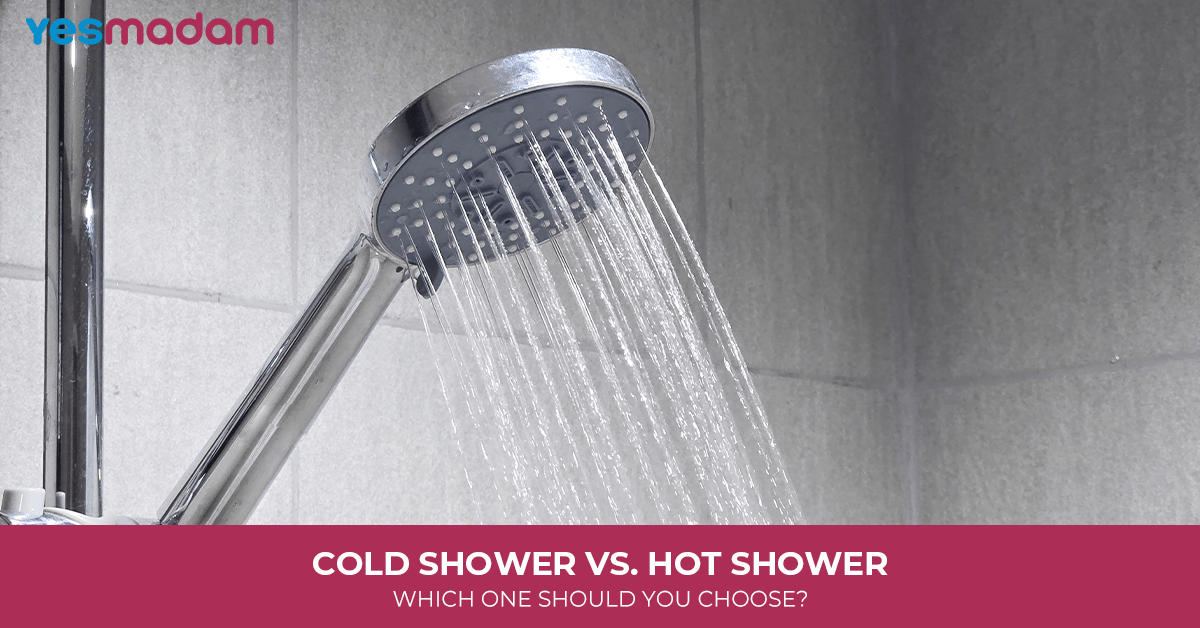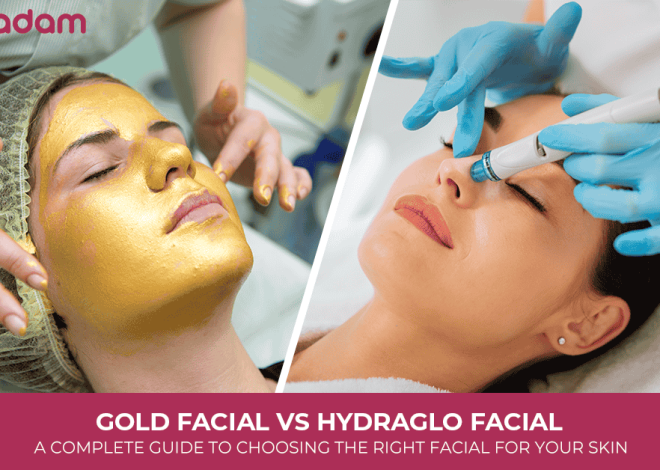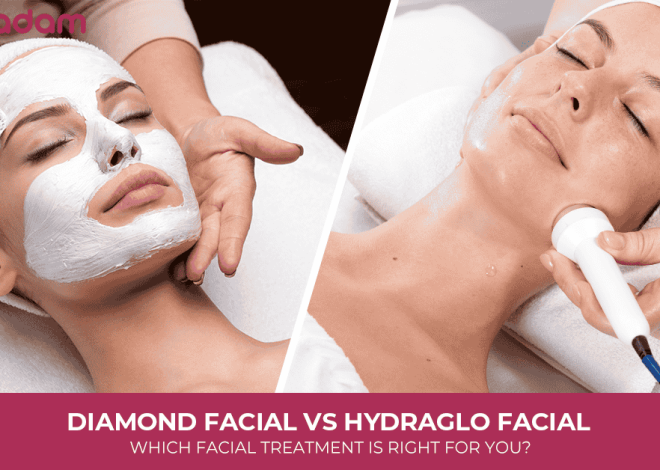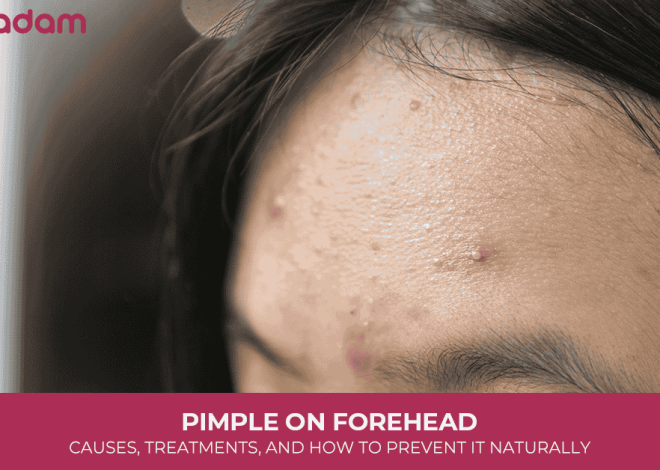
Cold Shower vs. Hot Shower: Which One Should You Choose?
Showering is more than just a way to stay clean, it’s a daily ritual that impacts our energy, health, and mood. Yet the question remains: cold shower vs. hot shower, which one is actually better? For some, the icy jolt of a cold shower feels like the ultimate energy booster, while for others, the warmth of a hot shower offers unmatched comfort and relaxation.
The truth is, both cold and hot showers have unique benefits, and the right choice often depends on the time of day, your health goals, and even your lifestyle. In this blog, we’ll unpack everything from cold shower vs hot shower benefits to the ideal shower temperature and even how long for cold shower sessions to be effective. By the end, you’ll know exactly when to turn the knob toward hot or cold.
Table of Contents
Cold Shower vs. Hot Shower: A Quick Comparison

Before diving deeper, it’s helpful to understand how cold and hot showers affect the body differently. Cold showers, usually between 50°F–68°F (10°C–20°C), stimulate alertness, circulation, and resilience. Hot showers, on the other hand, typically fall between 95°F–105°F (35°C–40°C), promoting muscle relaxation, stress relief, and better sleep.
In short, the hot shower vs cold shower debate isn’t about choosing one forever, but rather about using each at the right time.
More Information For You: Best Skin Care Routine for Combination Skin
The Benefits of Cold Showers
Cold showers may feel daunting at first, but they offer an impressive list of physical and mental benefits. They can wake you up, sharpen your focus, and even contribute to long-term health improvements. Let’s explore why so many wellness enthusiasts swear by them.
1. Boosts Alertness and Energy
Cold water shocks your system in a good way. It increases your heart rate, stimulates deep breathing, and floods your body with oxygen — all of which leave you feeling more awake and energized.
2. Improves Circulation
Cold exposure narrows blood vessels, pushing blood toward vital organs. Once you warm up, blood flows back to your skin, creating a healthy circulation cycle that benefits cardiovascular health.
3. Helps with Muscle Recovery
Athletes often use ice baths, but even a brief cold shower can reduce post-workout soreness. Cold water helps lower inflammation and speeds up recovery.
4. Boosts Immunity
Some studies suggest that cold showers stimulate white blood cell production, which may strengthen your immune system and make you less prone to common colds.
5. Builds Mental Resilience
Standing under icy water isn’t just physical — it’s mental. Over time, cold showers train your mind to stay calm under stress, making you more resilient in everyday challenges.
Don’t Miss: How to Use Green Tea for Skin Whitening
The Benefits of Hot Showers

If cold showers are invigorating, hot showers are soothing. They’re like a warm hug for your muscles, mind, and body. Let’s look at why hot showers remain a favorite, especially after long or stressful days.
1. Relieves Stress and Tension
Hot showers relax your body by increasing blood flow and releasing feel-good hormones like oxytocin. They help melt away daily stress.
2. Soothes Muscles and Joints
Heat helps loosen stiff muscles and ease joint pain, which makes hot showers ideal for people with arthritis or physical strain.
3. Clears Congestion
Steam from a hot shower acts as a natural decongestant, opening nasal passages and helping you breathe easier during colds or allergies.
4. Improves Sleep Quality
A hot shower before bed lowers your core body temperature afterward, signaling your body that it’s time to sleep. This leads to faster sleep onset and deeper rest.
5. Supports Skin and Hair Health
Warm water opens up pores, making it easier to clean dirt and oils. It also softens hair follicles, making shaving smoother and less irritating.
Related Blog: How to Do Bleach at Home
Cold vs. Hot Shower Skin Benefits
Cold showers have long been linked with invigorating effects on both the body and skin. Dermatologists often recommend incorporating cooler water into skincare routines, especially for people with oily or irritated skin. The sudden chill signals your body to protect itself, which triggers responses that directly affect how your skin looks and feels.
Top Cold Showers & Skin Benefits
1. Tightens Pores and Skin
Cold water contracts the skin, giving it a temporarily firmer, smoother look. While pores don’t literally “close,” they appear less noticeable, helping skin look refined.
2. Reduces Puffiness & Inflammation
Like an ice pack, cold showers help calm swelling and redness, especially useful after workouts or on mornings when skin feels inflamed.
3. Improves Circulation
The shock of cold water makes blood rush toward the skin’s surface. This boost in circulation nourishes skin cells, delivering oxygen and nutrients that contribute to a healthy glow.
4. Helps With Sebum Balance
By reducing oil production, cold water minimizes breakouts and can leave the skin feeling fresher for longer.
5. Refreshing & Invigorating Effect
Beyond skin benefits, cold showers wake up the nervous system — leaving you energized and your skin looking brighter.
Hot Showers & Skin Benefits
Hot showers are comforting, especially in colder seasons. They not only soothe tired muscles but also play a role in preparing the skin for deeper cleansing and hydration. The warmth helps soften buildup on the skin’s surface, making it easier to remove impurities.
1. Opens Pores & Cleanses Deeply
Heat loosens dirt and oil, making your cleansing routine more effective. This is why many facials begin with steam, it preps the skin for detoxification.
2. Improves Product Absorption
When the skin is warm, its barrier is more permeable. Applying moisturizers or serums right after a hot shower helps ingredients sink in better.
3. Relaxes Muscles & Reduces Stress
Stress and tension show up on the skin through breakouts or dullness. The relaxation that comes from hot showers indirectly supports a clearer, calmer complexion.
4. Promotes Circulation in a Different Way
Instead of constricting vessels like cold water, hot showers dilate them. This increases nutrient delivery to the surface of the skin, creating a flushed, healthy glow.
Downsides to Keep in Mind
Both hot and cold showers can affect skin health if overdone. Cold showers may be too harsh for sensitive or very dry skin, while hot showers strip away natural oils, leading to dryness or irritation. Moderation and balance are key.
When to Take a Cold Shower

Not sure when to take a cold shower? Timing matters a lot. Cold showers are best in the morning, post-workout, or whenever you need to reset mentally.
- Morning wake-up: A cold shower fights grogginess and boosts alertness.
- After workouts: Cold water reduces inflammation and speeds recovery.
- Hot climates: They help cool you down quickly and prevent overheating.
- Mental reset: A midday cold shower can refresh focus and lower stress.
For beginners wondering how long for cold shower, start with 2–3 minutes and build up gradually to 5–10 minutes.
When to Take a Hot Shower
Just as cold showers have their time, hot showers shine in specific situations.
- Evening relaxation: A hot shower before bed preps your body for restful sleep.
- Muscle tension: Perfect for loosening tight muscles or soothing joint stiffness.
- Colds and allergies: Steam helps clear sinuses and improve breathing.
- Stress relief: After a long day, hot water helps calm your mind and body.
In other words, hot showers are about comfort, healing, and winding down.
Hot or Cold Shower: Which Is Better?
Many people ask: hot or cold shower which is better? The truth is, there isn’t a single winner. Cold showers excel at energizing and toughening your body, while hot showers comfort and relax.
For some, alternating between hot and cold — also called contrast therapy — offers the best of both worlds. Athletes, for example, often switch between the two to promote recovery and circulation.
Best Time for Hot or Cold Shower
The best time for hot or cold shower depends on what you need.
- Morning: Cold showers boost alertness and productivity.
- Afternoon/Post-workout: Cold showers aid recovery.
- Evening: Hot showers help you relax and sleep better.
By aligning your shower with your body’s rhythm, you maximize its benefits.
Practical Tips for Balancing Both
Since both types of showers have value, here are ways to enjoy the best of each:
- Contrast showers: Alternate hot and cold for 2–3 cycles, ending with cold for circulation benefits.
- Listen to your body: Choose cold when you need energy, hot when you need calm.
- Seasonal adjustments: Cold showers in summer, hot showers in winter.
- Start small: If new to cold showers, ease in with 30 seconds at the end of a hot shower.
Conclusion
So, in the debate of cold shower vs. hot shower, the real answer is balance. Cold showers energize, sharpen focus, and improve resilience, while hot showers relax, heal, and prepare your body for rest. Instead of asking which one is better, think about what you need in that moment and adjust your shower accordingly.
Whether it’s figuring out the ideal shower temperature, choosing the best time for hot or cold shower, or learning how long for cold shower sessions should last, the key is listening to your body. By combining both, you can enjoy the benefits of energy and relaxation, all within the simple ritual of a daily shower.
FAQs
1. Is it safe to take cold showers every day?
Yes, daily cold showers are safe for most people. They can improve energy, immunity, and circulation, but start gradually to let your body adapt.
2. Can hot showers cause skin problems?
Yes, overly hot water can strip your skin of natural oils, leading to dryness and irritation. Warm, not scalding, showers are best for skin health.
3. How long should a cold shower last?
Begin with 2–3 minutes and increase as you build tolerance. Many people find 5–10 minutes ideal for benefits without discomfort.
4. Are cold showers good for mental health?
Yes, cold showers stimulate endorphin release, which helps reduce anxiety and improve mood. They also build mental resilience over time.
5. Do hot showers help with colds?
Absolutely. The steam clears sinuses, reduces congestion, and improves breathing, making them great when you’re feeling sick.
6. Should I take a cold shower after a workout?
Yes, a cold shower can reduce inflammation and muscle soreness, helping speed up recovery. Some people also use warm showers for joint relief.
7. What’s the best temperature for healthy skin?
Lukewarm water, around 98°F (37°C), is generally ideal. It’s warm enough to cleanse but gentle enough to maintain skin hydration.
8. Can I combine hot and cold showers?
Yes. Alternating between hot and cold showers improves circulation, aids recovery, and offers both relaxation and energy benefits.
9. Are morning showers better than evening ones?
It depends. Cold showers in the morning wake you up, while hot showers in the evening relax your body and improve sleep quality.
10. Which is healthier overall: hot or cold showers?
Both are healthy in different ways. Cold showers boost energy and resilience, while hot showers reduce stress and improve sleep. Using both strategically is the healthiest option.



